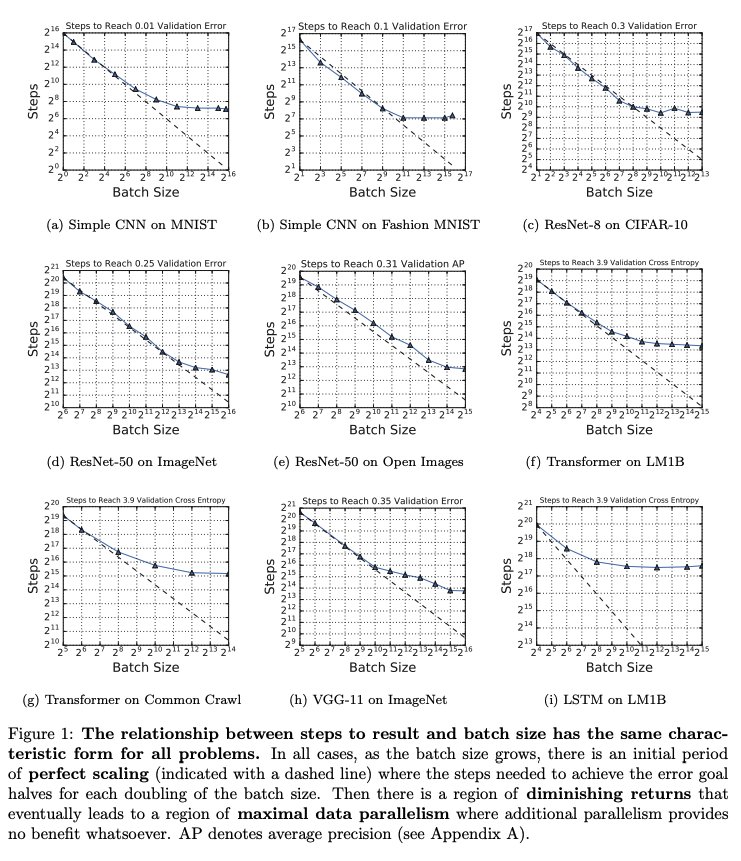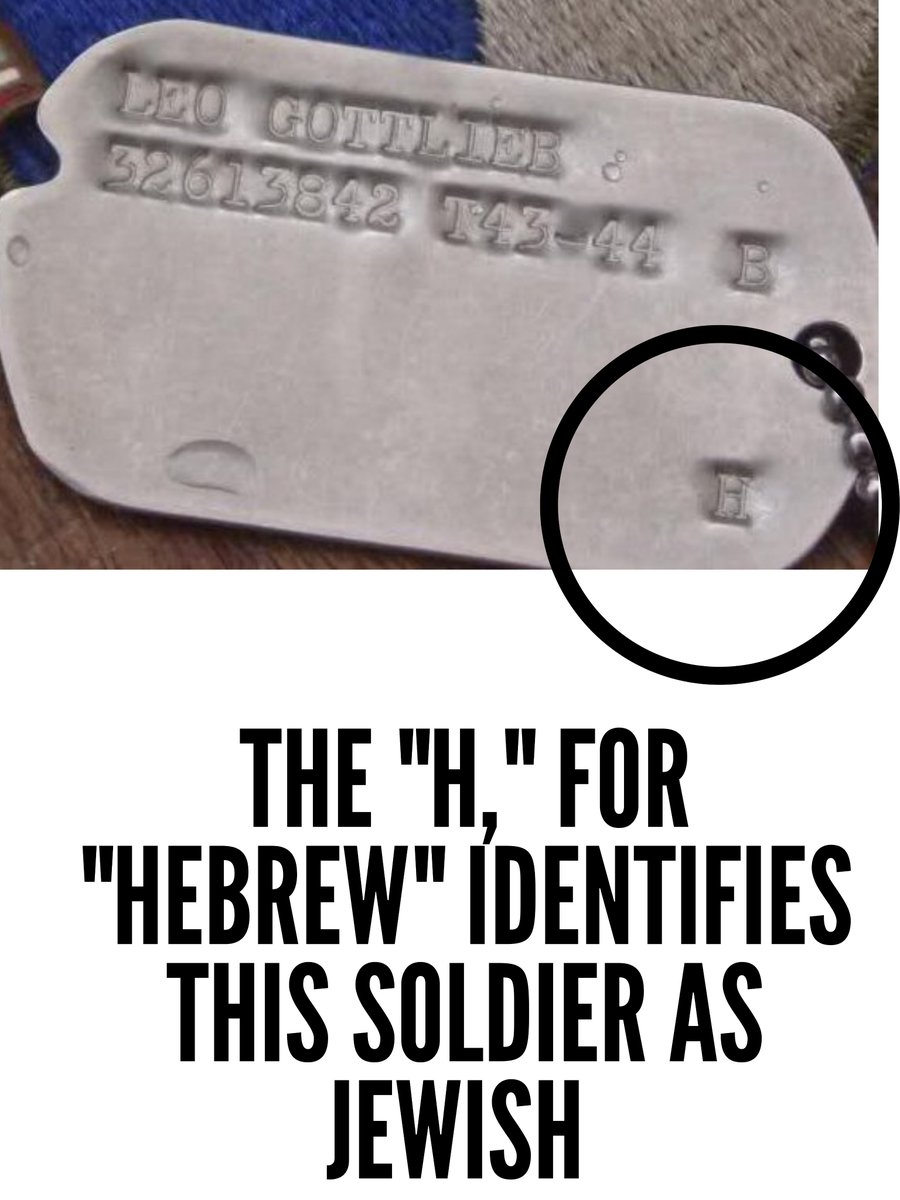Lots of talk over the past year about repealing Section 230. I though that it might be helpful to have a thread about what might happen if Congress entirely scraps 230.
what\u2019s funny is this would probably kill off the alternatives (gab parler etc) faster than the main platforms (twtr/fb) https://t.co/9cUChYU98z
— fintech_idiot (Faisal) (@Faktastic11) November 28, 2020
More from Politics
Here we go. Tag 4 des Impeachments. Trumps Verteidigung.
Es wird argumentiert, dass Trump nur habe sicherstellen wollen, dass die Wahl fair abgelaufen sei. Die Verteidigung zeigt Clips einzelner Demokraten, die der Zertifizierung von Trumps Stimmen 2016 widersprechen. (Dass es 2016 keinen von Obama gesandten Mob aufs Kapitol gab?Egal!)
Die intellektuelle Unehrlichkeit ist so unfassbar, ich weiß kaum, wo ich hier überhaupt anfangen soll; so viele fucking Strohmänner auf einmal.
Die Verteidigung spielt random Clips, in denen Demokraten “fight” sagen, fast zehn Minuten lang. Weil Trump 20mal am 6. Januar “fight” gesagt hat. Dies ist kein Witz. Komisch, dass sonst die Folge nie war, dass ein Mob das Kapitol gestürmt hat und Pence hängen wollte
“Dieser Fall geht um politischen Hass” Ich mein, ja. “Die House Managers hassen Donald Trump.”
So close.
Michael van der Veen begins Trump's defense: "The article of impeachment now before the Senate is an unjust and blatantly unconstitutional act of political vengeance" pic.twitter.com/xRaZHEPIaC
— Aaron Rupar (@atrupar) February 12, 2021
Es wird argumentiert, dass Trump nur habe sicherstellen wollen, dass die Wahl fair abgelaufen sei. Die Verteidigung zeigt Clips einzelner Demokraten, die der Zertifizierung von Trumps Stimmen 2016 widersprechen. (Dass es 2016 keinen von Obama gesandten Mob aufs Kapitol gab?Egal!)
Die intellektuelle Unehrlichkeit ist so unfassbar, ich weiß kaum, wo ich hier überhaupt anfangen soll; so viele fucking Strohmänner auf einmal.
Die Verteidigung spielt random Clips, in denen Demokraten “fight” sagen, fast zehn Minuten lang. Weil Trump 20mal am 6. Januar “fight” gesagt hat. Dies ist kein Witz. Komisch, dass sonst die Folge nie war, dass ein Mob das Kapitol gestürmt hat und Pence hängen wollte
WATCH: Trump's defense plays nearly 10 minutes of clips showing Democrats using the word "fight," to defend Trump using the word "fight" about 20 times in his speech to supporters before the Capitol riot began https://t.co/YUg7sgxuDX pic.twitter.com/3eMNp7E2S2
— CBS News (@CBSNews) February 12, 2021
“Dieser Fall geht um politischen Hass” Ich mein, ja. “Die House Managers hassen Donald Trump.”
So close.





















